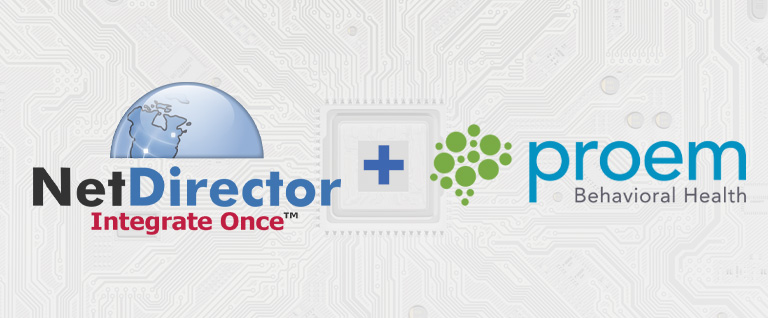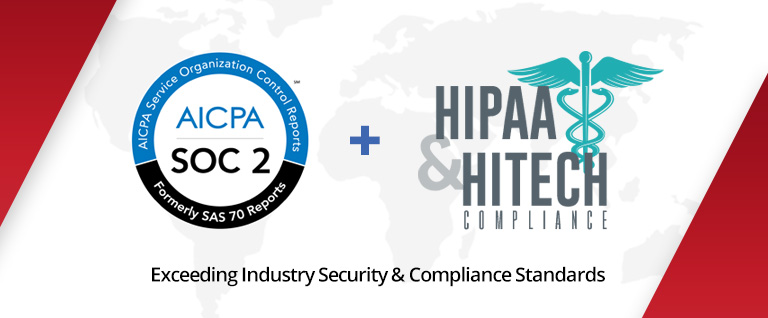Momentum in key areas will drive telehealth to new heights in the coming years. Academic investigation confirms telehealth’s effectiveness, according to a review of 145 articles conducted earlier this year by the Agency for Healthcare Research and Quality. The study finds evidence that recognizes the advantages of telehealth, particularly for remote intensive care and specialty care consultations.
Aside from improving access to care and delivering clinical benefits, the technology is gaining additional traction in the form or emerging payment models and regulatory support, MobiHealthNews reports.
Doctors are onboard, too. “There’s no question that providers are embracing virtual care more than ever before,” says Jason Gorevic, CEO of telehealth trailblazer Teladoc.
“However, this is a case of ‘and’ not ‘or.’ This is additive because health plan, employer and consumer adoption are rapidly increasing,” Gorevic points out.
Developing Business Models
The most successful telemedicine providers “are those who shift their mindset from reimbursement to revenue,” observes the healthcare practice of law firm Foley and Lardner. Current examples include:
- Academic medical centers with a surplus of specialist physicians contracting with rural hospitals or other sites of care to supply on-demand medical expertise through professional service agreements such as monthly retainers (as opposed to external fee-for-service reimbursement).
- Telemedicine companies contracting with accountable care organizations (ACOs) to implement virtual care as a means for ACOs to realize quality and cost improvements, and thereby qualify for Medicare incentive payments.
- Provider networks offering telemedicine-based care to employer workforces via varying compensation approaches, such as per-encounter fees, capitated per employee per month payments or shared-savings models.
In any of these pathways, there’s potential for cost savings through telehealth, as providers gain the ability to monitor patients remotely, identify symptoms before diseases get worse, and prevent expensive subsequent treatments.
Nonetheless, providers need to be proactive with their telehealth strategy, reports Health Data Management. That means reviewing and updating compliance programs, as well as billing, coding and documentation procedures and policies.
Integration in a Burgeoning Market
Venture capital funding for telehealth-focused companies nearly tripled between 2013 and 2016, according to an analysis conducted by Rock Health.
Meanwhile, the push is on to position telehealth as a low-cost alternative to hospital or physician office visits for non-emergency issues. An employer survey from Willis Towers Watson shows that offerings of telehealth services to employees rose from 64 percent of employers in 2016 to a projected 92 percent in 2018.
“Today, we focus on urgent care, but over time we will be able to focus on other things … [such as the] parts of patient care that are routine and can—and should—be done online,” comments Lyle Berkowitz, MD, the chief medical officer at MDLive. He predicts further emphasis on telehealth within routine care environments, helping set the stage for greater provider efficiency.
NetDirector agrees and also views telehealth as part of automated billing and payment processes. NetDirector can integrate telehealth options to EMR, billing or imaging systems, allowing telehealth to no longer be a standalone service, but a true end-to-end solution.
To find out more about NetDirector’s cloud-based HealthData Exchange platform, please contact us or request a free demo.




